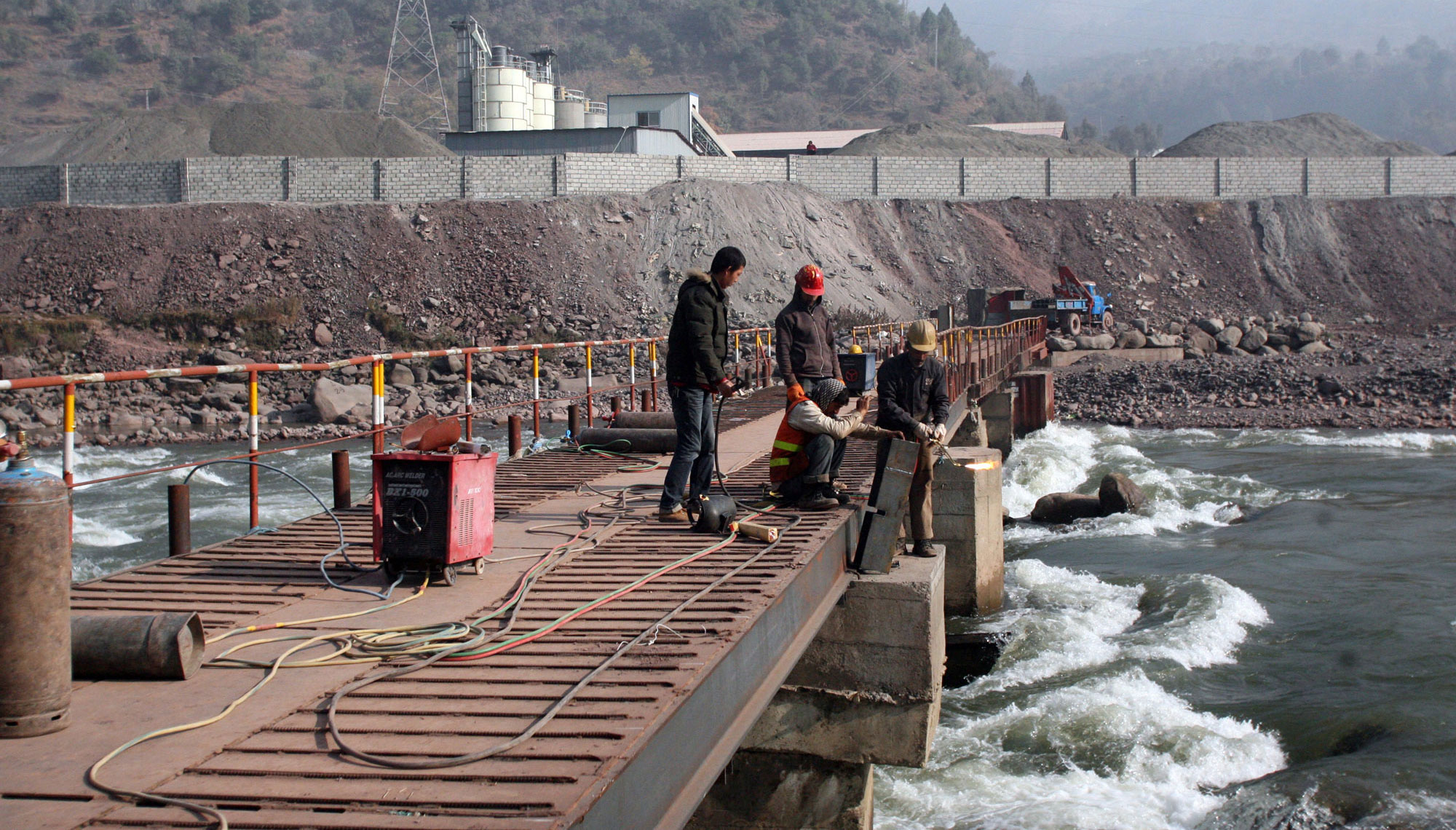In this episode, Dr. Anne-Marie Brady joins us to discuss China’s growing influence in the Arctic region, where melting sea ice has uncovered a new theater of geopolitical competition. Dr. Brady breaks down China’s priorities in the region, including its economic, scientific, and security interests, and details its engagement with other Arctic states. She also offers recommendations for how countries can better understand—and therefore respond to—China’s Arctic ambitions.
Keyword:Chinese Investments
China’s Increasing Engagement with Africa: A Conversation with Joshua Eisenman
In this episode, Dr. Joshua Eisenman joins us to discuss China’s economic, political, and security interests in Africa, and the efforts it is making to achieve them. Dr. Eisenman analyzes China’s engagement on the continent through means such as the Forum on China-Africa Cooperation (FOCAC) and the creation of a Chinese military base in Djibouti. He also discusses the validity of concerns about the ability of African countries to assert agency in their relationship with China. Finally, he touches on the variables that may determine the trajectory of China-Africa relations over the next decade.
Re-calibrating the BRI: A Conversation with Wang Huiyao
In this episode, Dr. Wang Huiyao joins us to discuss the Belt and Road Initiative (BRI) and China’s vision for the project as a global cooperative effort. Dr. Wang discusses how objectives for the project have evolved since it was first announced in 2013, and analyzes China’s efforts to drive greater investment and participation from the private sector as well as international institutions. He also explains China’s attempts at increasing the transparency of BRI projects in response to criticism and concerns voiced by the international community.
Friction in China-Czech Relations: A Conversation with Richard Turcsányi
In this episode, Dr. Richard Turcsányi joins us to discuss the ups and downs of China-Czech relations, as well as the attitudes within the Czech Republic toward China. Dr. Turcsányi explains the motivations behind the cancellation of the sister city agreement between Prague and Beijing, critical comments about China by the Czech intelligence agency, and China’s investment activities in the Czech Republic. He also discusses how Czech President Miloš Zeman struggles to balance his relationship with the domestic public and China.
Charting Progress in China’s Belt and Road Initiative: A Conversation with Jonathan Hillman
In this episode, Mr. Jonathan Hillman joins us to discuss the geopolitical implications of China’s Belt and Road Initiative (BRI) in advance of the second Belt and Road Forum. Mr. Hillman analyzes changes in expectations and objectives since the first Forum in May 2017, and expands on how current dynamics have affected the attitudes of China’s BRI partners and the U.S. toward the initiative. He also touches upon how Beijing’s economic and technological ambitions for the BRI have evolved.
FOCAC and China-Africa Ties: A Conversation with Chris Alden
In this episode, Professor Chris Alden joins us to discuss the latest developments in China-Africa relations, including the impact of the most recent Forum on China-Africa Cooperation (FOCAC) Summit. Prof. Alden assesses the role of China’s infrastructure investment in Africa, particularly through the Belt and Road Initiative, and analyzes China’s growing security interests and presence on the continent.
Chinese Investments in the US Face Growing Scrutiny: A Conversation with Mario Mancuso
In this episode, Mario Mancuso joins us to discuss the Committee on Foreign Investment in the United States(CFIUS) and its role in reviewing potential Chinese investments in the United States. He explains the proposed changes under consideration in the US Congress that would expand CFIUS’ authority. Mancuso also examines the implications of stricter oversight for future China’s investment activities in the United States.
Does China Dominate Global Investment?
Encouraged by Beijing’s “Go Global” strategy, Chinese firms have expanded into foreign markets to acquire resources and assets while spurring domestic innovation. Overseas investment allows China to bolster its own economy and leverage its economic power to expand its influence abroad.


